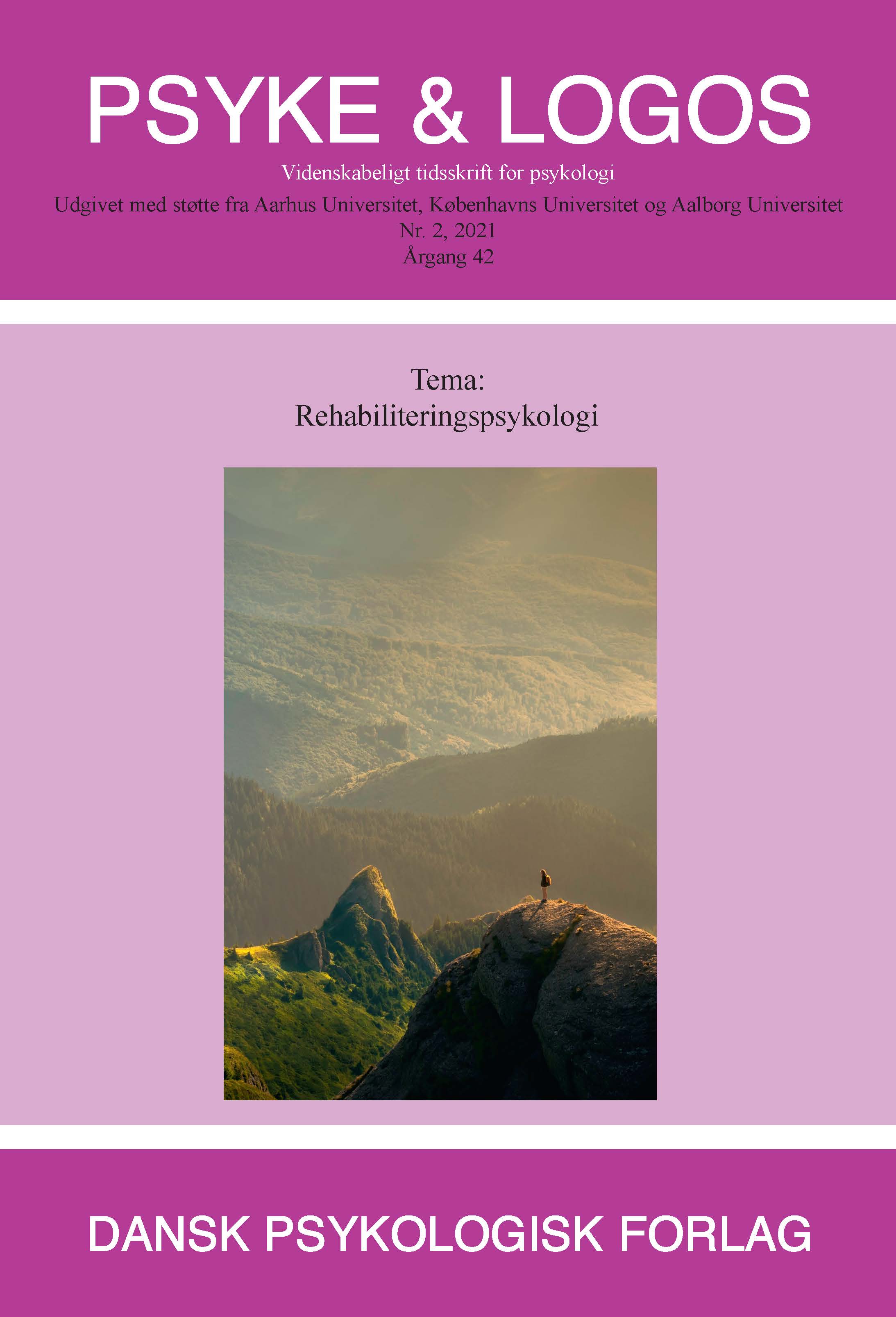The Integrative Model of Adjustment to Chronic Conditions (IMACC)
A biopsychosocial adjustment model
DOI:
https://doi.org/10.7146/pl.v42i2.131116Keywords:
psychosocial adjustment, biopsychosocial process model, chronic conditions, disability, rehabilitationAbstract
The Integrative Model of Adjustment to Chronic Conditions (IMACC) is an innovative model offering a theoretical understanding of the biopsychosocial adjustment processes happening when people acquire one or more longterm conditions and/or disabilities. The model, developed through the use of Grounded Theory with a priori use of theoretical concepts from cognitive behavioural therapy, could be used as an integrative model of assessment and intervention in rehabilitation. The primary purpose of this article is to present the IMACC theory conceptually and to summarise the theoretical evidence as it currently stands, thereby also translating the theoretical concepts into Danish, which is vital given the model’s potential for use as an intervention. Danish health professionals, who may wish to use the model, need to be able to discuss the central concepts of the model with the service users. It is also crucial to have a shared language that is relatable for people with long-term conditions and/or disabilities and their relatives. Presentation of the model levels and IMACC overall is followed by discussion of limitations and suggestions for further development of key aspects of the model. Emphasis is made on the pressing need for clinical testing of the model as an assessment and intervention tool in rehabilitation.
Downloads
Published
How to Cite
Issue
Section
License
Ophavsret er tidsskriftets og forfatternes. Det er gældende praksis, at artikler publiceret i Psyke & Logos, som efterfølgende oversættes til andet sprog, af forfatteren frit kan publiceres i internationale tidsskrifter, dog således at det ved reference fremgår, at den oversatte artikel har et forlæg i en dansksproget version i Psyke & Logos. Artikler kan frit deles og linkes til på forsknings- og undervisningsnetværk (så som Blackboard). Link foretrækkes, fordi det giver oplysning om brug af tidsskriftets artikler.




